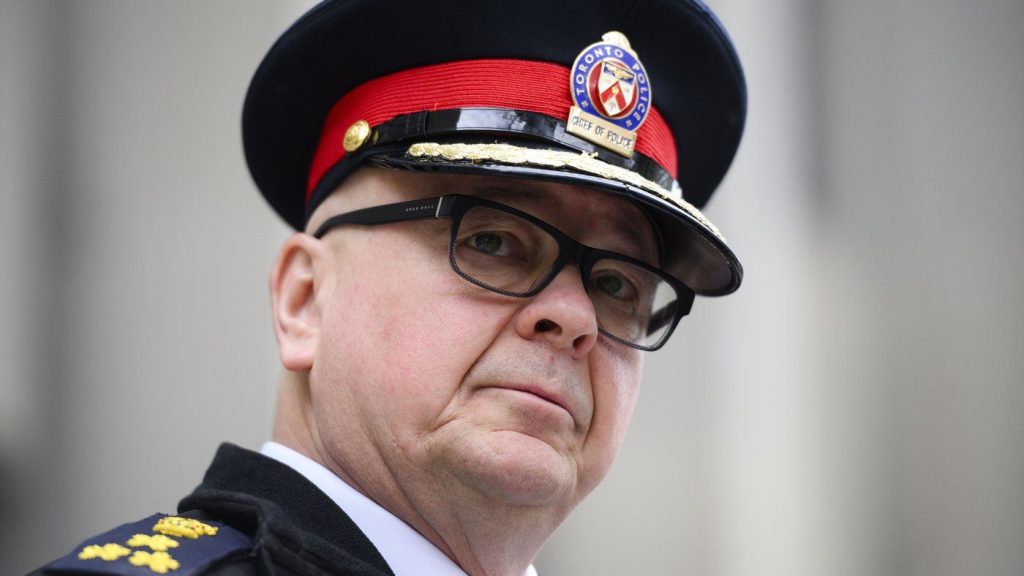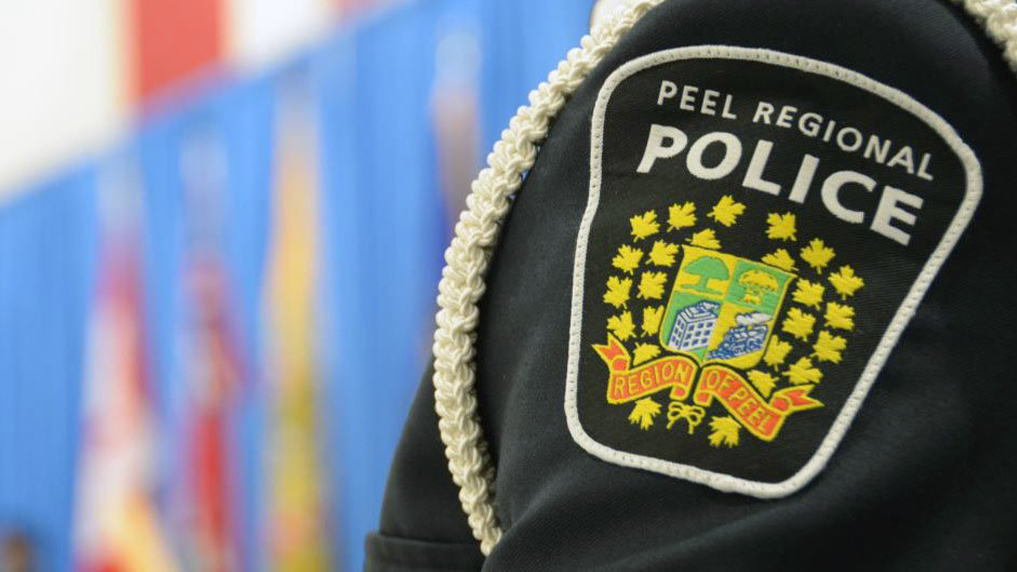The Toronto Police Service is currently facing scrutiny due to a recent report released by the Toronto Police Service Board, which has raised significant concerns regarding the trust levels among both police members and the public. This comprehensive review aims to shape the future of policing in Toronto.
The mandatory report, influenced by public consultations that took place from 2015 to 2023, involved over 1,000 participants, including officers, civilian staff, and members of the community. The goal of these consultations was to conduct an in-depth review of the practices and perceptions of the police service.
Councillor Shelley Carroll, chair of the Toronto Police Services Board, emphasized the impact of the new community safety policing act, stating that it necessitates police services to develop a clear plan. Carroll noted, “Up until the new community safety policing act, up until this point, chiefs and services have work plans, strategic plans, but we’re now required for the board to have a plan.” She expressed that biases in policing remain a critical concern, highlighting that more work is essential to address these issues effectively.
The report brings to light community anxieties concerning safety and security, particularly regarding interactions with Black, Indigenous, and Queer communities. A focal point of the findings is the widespread distrust in the police institution, as many residents feel a disconnect from frontline officers. Internally, police service members cited issues such as ambiguous leadership, a toxic work culture, and HR practices perceived as unjust, leading to a demoralized workforce.
Clayton Campbell, President of the Toronto Police Association, remarked on the predictability of the report's findings, pointing out that many of the identified issues have been longstanding problems that have developed within the force over the years. He affirmed the importance of using these findings to inform the strategic plan moving forward, stating, “What that means is there’s actually going to be accountability for the chief and the command to actually follow up on some of those things.”
In response to the report, Toronto Police Chief Myron Demkiw acknowledged the complexities of policing in Toronto and the importance of community input. He emphasized the need for collaboration with community members, partners, and police members to develop solutions that encompass diverse perspectives and lived experiences. “Policing in Toronto is complex. That’s why hearing from our communities, members, and partners is key to meaningfully co-designing, co-developing, and co-delivering solutions that reflect lived experience and diverse perspectives,” he stated.
Carroll added that the upcoming strategic plan will not only outline commitments but also emphasize the necessity of measuring their effectiveness. “The strategic plan is also going to have to include the things we commit to doing, and we also commit to measuring whether or not we’ve done them, because I think that’s the thing that’s been missing,” she noted. She pointed out that service members are looking for a tangible approach to understanding how commitments will be tracked and reported.
The strategic plan is anticipated to be reviewed by the Toronto Police Services Board in the spring of 2026, with expectations of a significant transformation in the police service based on these findings and public input.












